Guitar Gabby on Owning Your Craft in the Music Industry
From self-managing to studying law, Guitar Gabby lives and breathes the hustle. In 2020, she will release two debut albums: The Txlips Prison of Life and Guitar Gabby’s Musicology.
Gabriella Logan, aka Guitar Gabby, truly knows the work ethic behind DIY. In high school, she taught herself guitar by listening to and learning songs by Nirvana and TAT, as well as studying music theory on her own. While attending Spelman College, she began self-managing herself and her music as a means to get her voice heard and her craft respected. She went on to study law at Vermont Law School, and she’s copyrighted every song she’s written since she was a child.
For a short time, Logan’s band, the Txlips (in which she is the primary songwriter), acted as the backing band for the Crime Mob rapper Diamond. And in 2020, the 27-year-old Atlanta-based musician, manager, and lawyer is ready to self-release not one, but two debut full-lengths—with the Txlips and her solo project, Guitar Gabby.
On April 5th, Logan will release Musicology as Guitar Gabby, her first solo album to date. Three months later, on July 31st, the Txlips will release Prison of Life, a follow-up to their genre-bending EP Queens of the New Age. “You can expect a different side of my writing,” she says. “It will be a blend of more guitar work and different styles of guitar and vocals. The new Txlips album is more grunge driven, while the Guitar Gabby album is an Orianthi vibe.”
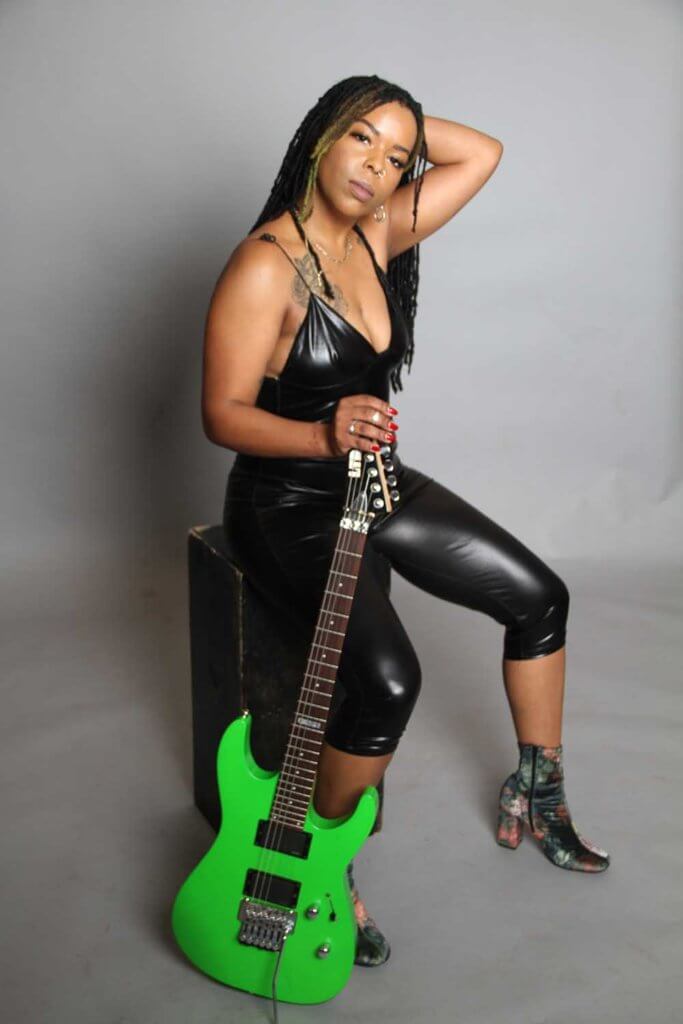
What brought you to the guitar?
I actually played the clarinet, piano, oboe… I played a couple of different instruments before the guitar. But I didn’t have an automatic connection with those instruments. In middle school my mom bought me my first guitar—a really cheap, shitty guitar, but it meant the world to me. I got all the books that I could on music theory, and taught myself. I listened to a lot of rock ‘n’ roll bands, and studied classical guitar. I remember trying to mimic what it was that I was hearing it in my head and on the records.
What specifically about guitar made you feel that musical connection?
Well, for one, I knew that I’d be able to sing and play, and express the songs I was writing in my head. I couldn’t do that with clarient or oboe, and piano wasn’t hardcore or edgy enough for me. I remember seeing Orianthi, and I was like, “Wow, she’s badass.” She’s one of the people who inspired me to pick up the guitar. There was something about playing six strings at once while singing, and playing exactly what I was hearing in my head.
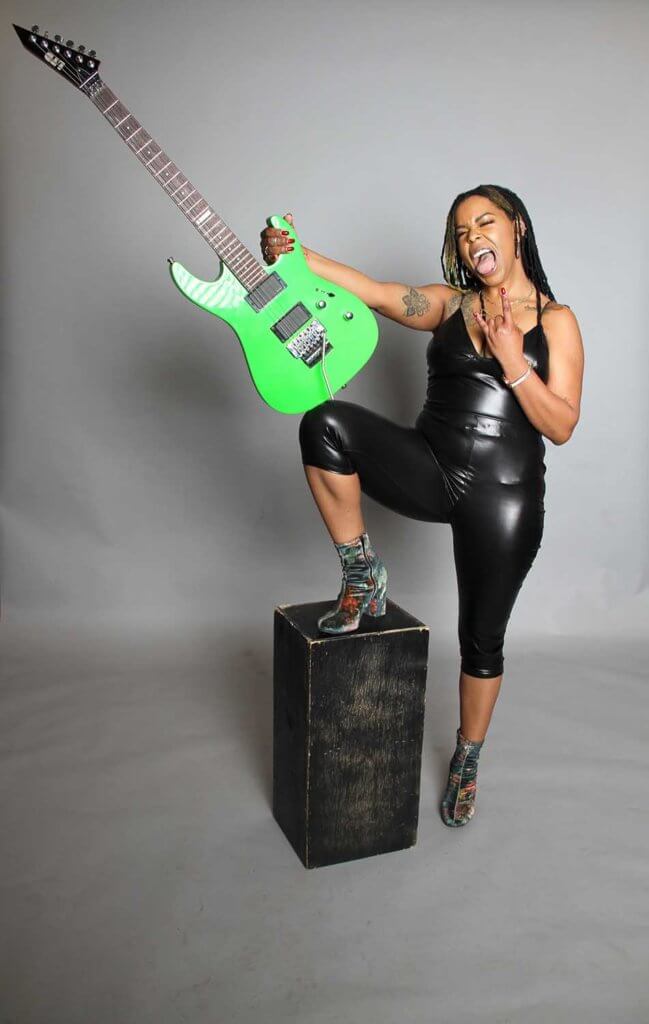
How did the Txlips meet? I know you all played as the backing band for Diamond, but were you friends beforehand?
I had known Mo Williams for a long time, prior to Diamond. Her and I had been in multiple bands, so when Diamond was looking for someone [to play drums], Mo was the first person I thought about. She was also the only black female drummer in Atlanta that I knew about. And Joela [Saintil] was a bassist in Florida and I knew her through social media. And after that, everyone else in the Txlips I literally met through social media. Booking our first tour, and even our most recent Queens of the New Age tour, I was looking for people in different cities that could fill in when my core musicians couldn’t make it. So, I utilized Instagram and Facebook, and we all built this really strong connection with each other. And four years later, here we are.
I’ve also been connecting with a lot of other women. I just invited three other ladies out of North Carolina, California, and London, who are going to be playing with us on our upcoming tour and album. So, social media!
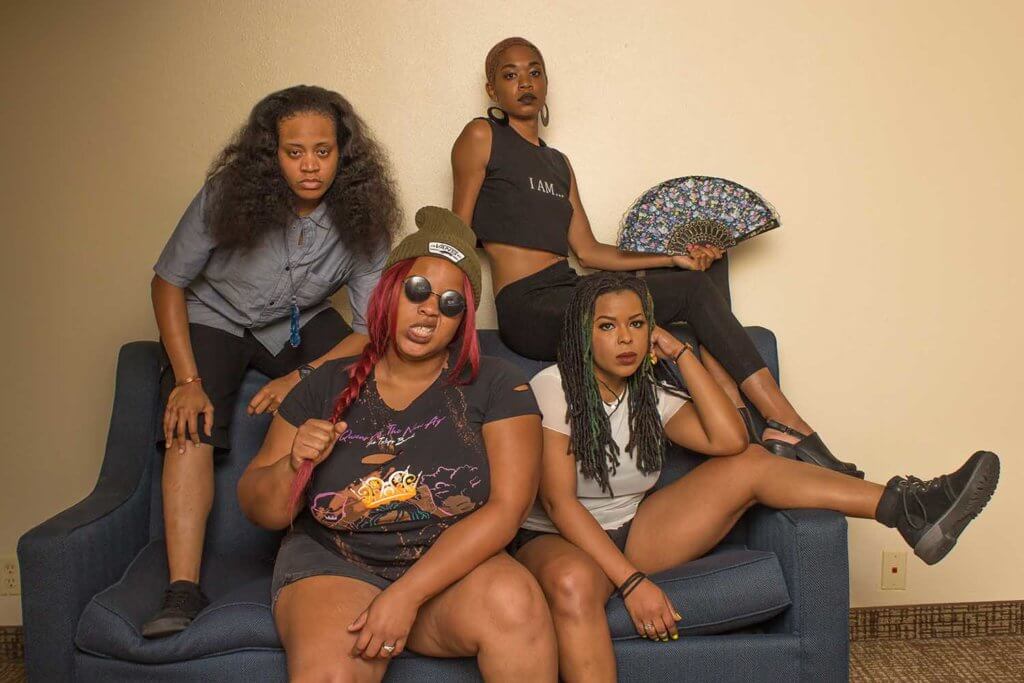
What were the early days of the Txlips like, in terms of songwriting?
All of the material I’ve written from experiences in college. I taught the ladies all the music that I had been writing over the years, including Queens of the New Age EP. The cool thing is that even though I write everything from the experiences that I’ve been through, we all express it in different manners when we’re on stage. We all have different flares and styles that inspire us, but even though the rapping, if you will, is rock n roll, when you hear Joela playing you can hear her jazz influence, when you hear Dara [Carter, keyboard] play you can hear a different influence. So, that’s the cool thing about listening to the records and then coming to see us like. You get two separate—but still one—experiences.
It totally translates to the recordings—Queens of the New Age coalesces a few different genres. Was that intentional, or a product of everyone’s different experiences being brought to the table?
Definitely everyone’s different experiences. And I always say that I don’t have control over how other ladies express their creative freedom when it comes to playing. I leave that door open for everyone on stage. If they want to play it with a little bit of something extra, if that helps express yourself and who you are and what you’ve been through, then by all means.
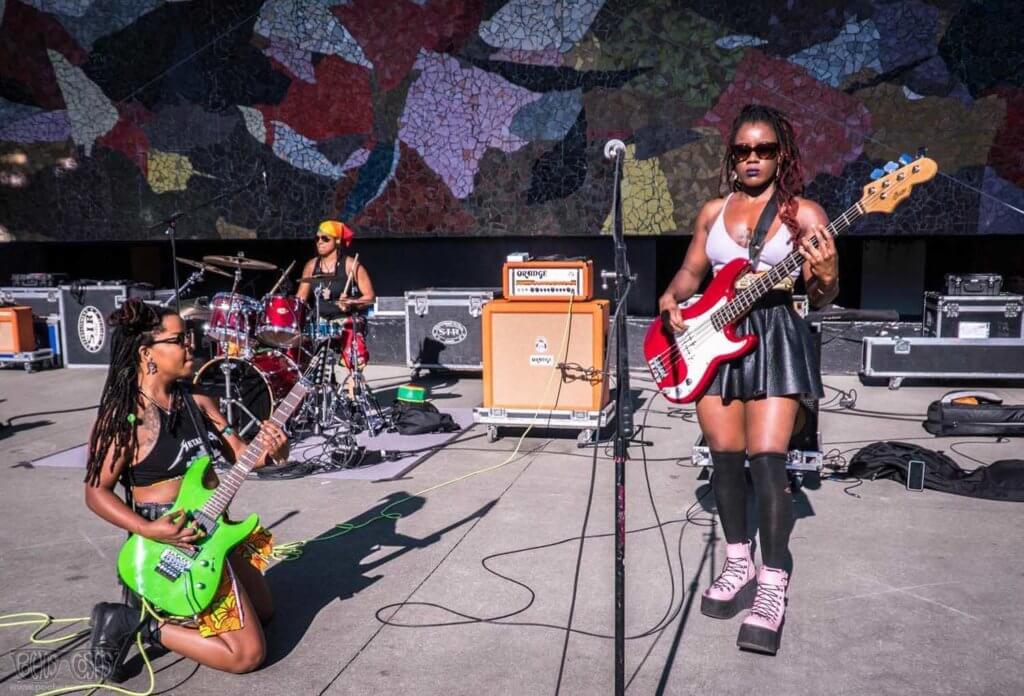
I’m curious to hear more about the Txlips’s work with Diamond. What was you’re involvement with her?
We played with her live, and did a really short but awesome tour with her right after the video. We played with her quite a bit, and made three music videos. Me coming from nothing but rock ‘n’ roll bands and jumping into hip hop—I was like, ‘Whoa, wait, what should I play? When can I add a few guitar licks?’ You really have to be in sync with everybody. It was a challenge, but it was also fun because it allowed us to mull our backgrounds into hip hop. We came up with a lot of really cool arrangements for her live shows.
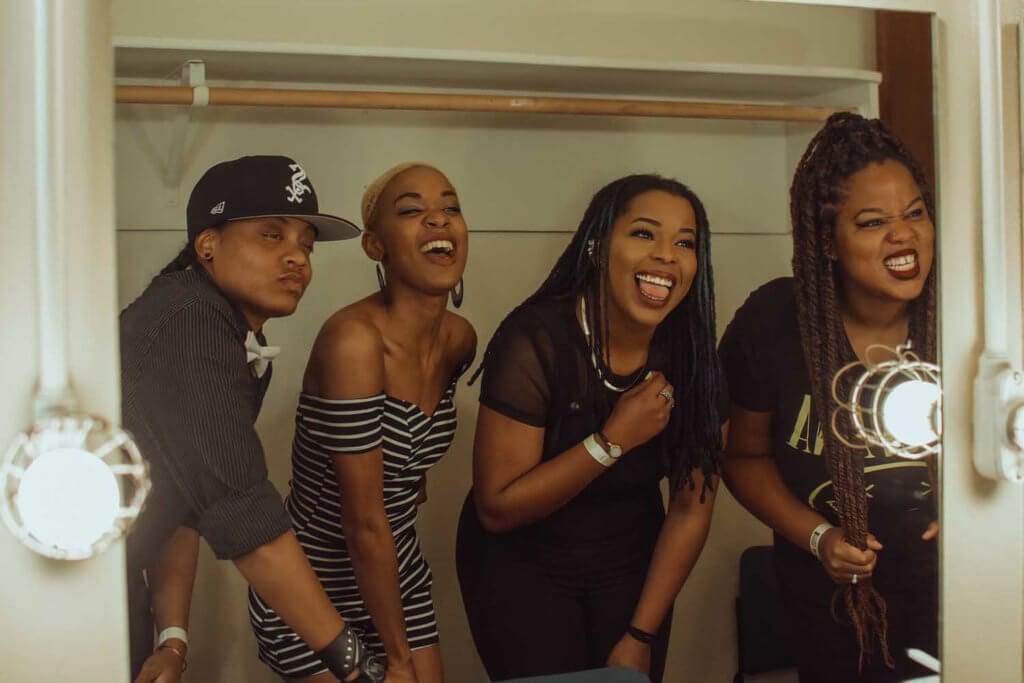
Can you talk a little bit about what brought you to self-managing yourself and the Txlips?
I remember reading about different bands and women throughout the history of music, and just learning how women would put one foot into the music industry and a record label would tear it apart, really horrible contracts, all that stuff. I wanted to do something different, I wanted to do something that was going to be built on a business perspective versus just a band looking to be signed by a label. And I knew it was going to require me to learn the industry on the business side and not just the guitar. My dad was a really big part of that as well, he really pushed me to learn about copyrights at a really young age. I remember the songs I had written since I was little, I was sending those all out to the copyright office and learning that process. From there I learned from my experience, and other people’s experiences. I wanted to be able to create a platform by women, for women, run by women. And so, for me that meant self-management. That expanded into me managing other people in Atlanta, and it’s evolving from there.
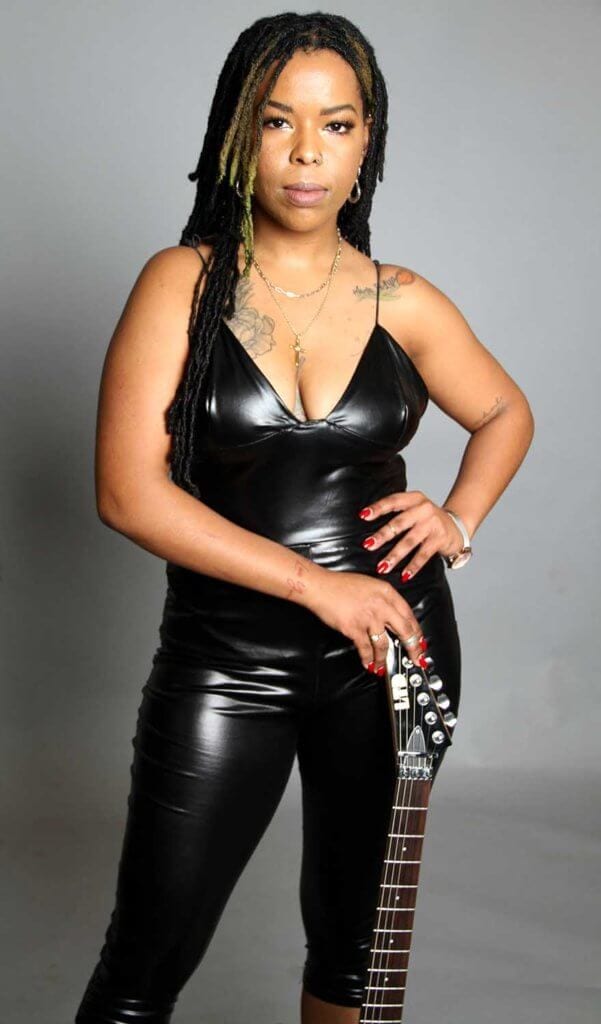
Did the idea to self-manage come before or after you attended Vermont Law School?
I had been self-managing before I even knew about Vermont Law. I was self-managing my freshman year of college. That came about because I was playing in other peoples bands, and I felt like I was always pushed to the side—my voice, my opinion. Running into that wall numerous times, I thought, “Look, if you want something done, you’ve got to do it yourself.” I just felt like jumping in with both feet.
And then going to Vermont Law, and learning and working in different legal offices over the years added on to the knowledge and desire that I already had.
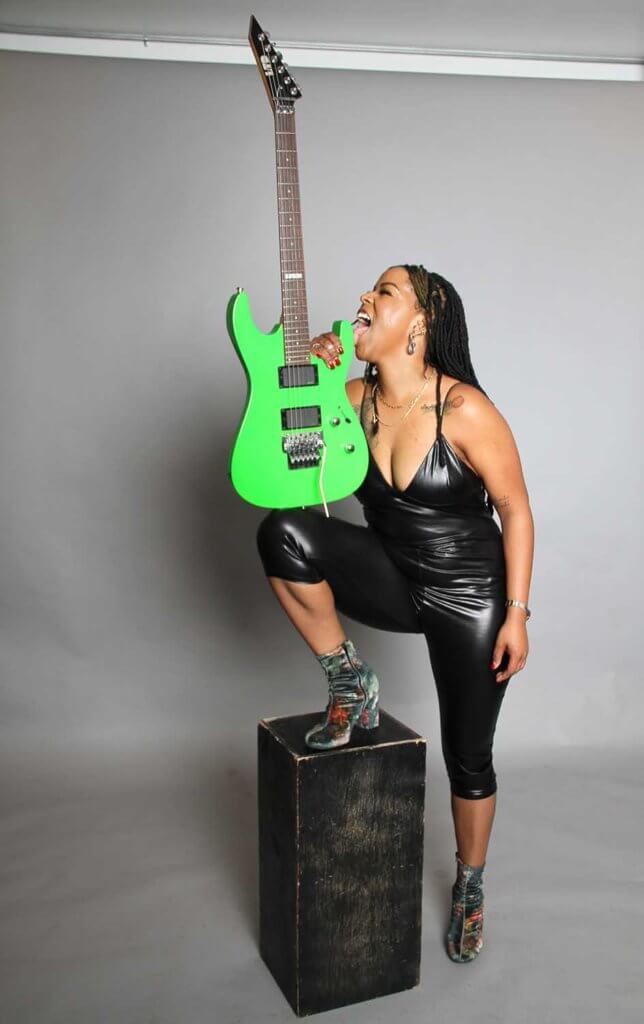
You mentioned earlier about the importance of copywriting. Why is it so important?
Ownership. I’m a really big advocate for owning your craft. A lot of times, people in the music industry—from a musician’s perspective—get caught up in creating, but then you come up with something really dope and you want to throw it out there for everyone to hear, and before you know it, somebody else stole it, claim it’s theirs, and make money off it. For me, owning my music and having the paperwork in line before the world hears it is really important because that ensures longevity of my brand and music. I don’t want to be a one hit wonder—I want my kids to eat off of my hustle.
What is your current live set up?
I play an ESP LTD electric guitar—I’m endorsed with ESP, Ernie Ball, and EMG. And I’m actually in the middle of redoing my pedalboard. I used to have a huge analog board with some MXR pedals—I love MXR—and some digital delay, and a really cool wah pedal. But I’m in the middle of taking away and adding to that to come up with a really cool sound that will translate to the studio and on our upcoming tour. For these previous tour, I was playing through my Boss ME-50. I like it a lot, it has a lot of really cool tones on it that you can manipulate
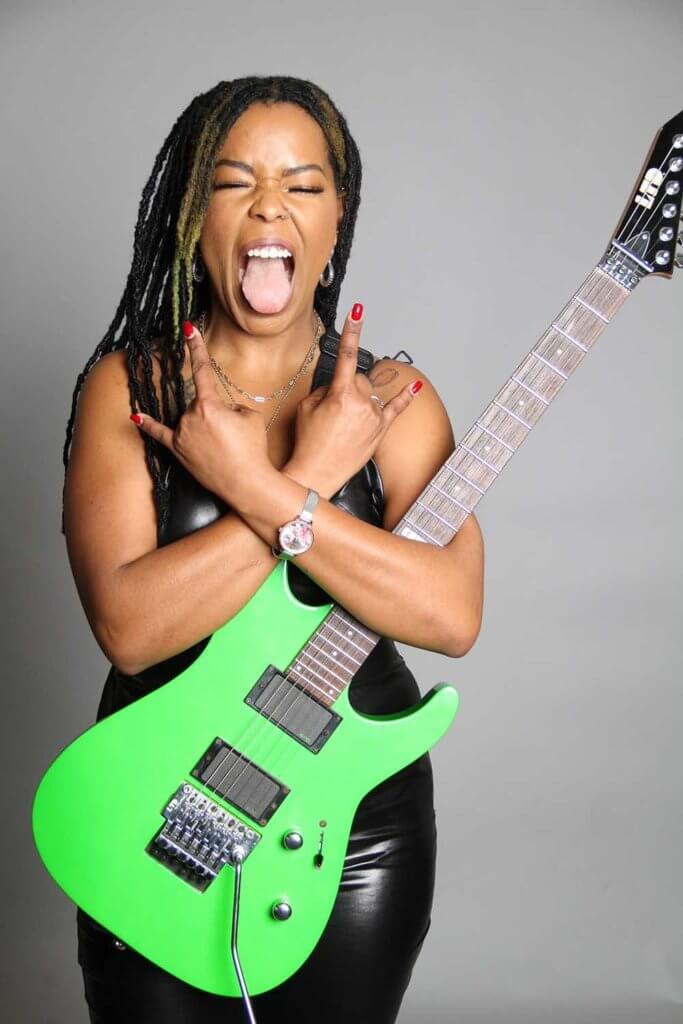
Can you talk a little bit about how you obtained your endorsements?
Two years into the Txlips, I realized that in order for me to progress with the band, I was going to need to embrace and learn how to market my brand. Once I figured out my brand and packaged it—green is my favorite, the nails, dying my hair all these fun colors—I was able to take it to different companies and say, “Hey, do you need me as much as I need you? Let’s work together. Endorse me and I will showcase your products to an audience that you maybe never considered before. Or who hasn’t really been getting into your gear as much as you all would like.” And that would be black women, so I used that to my advantage—and it worked.
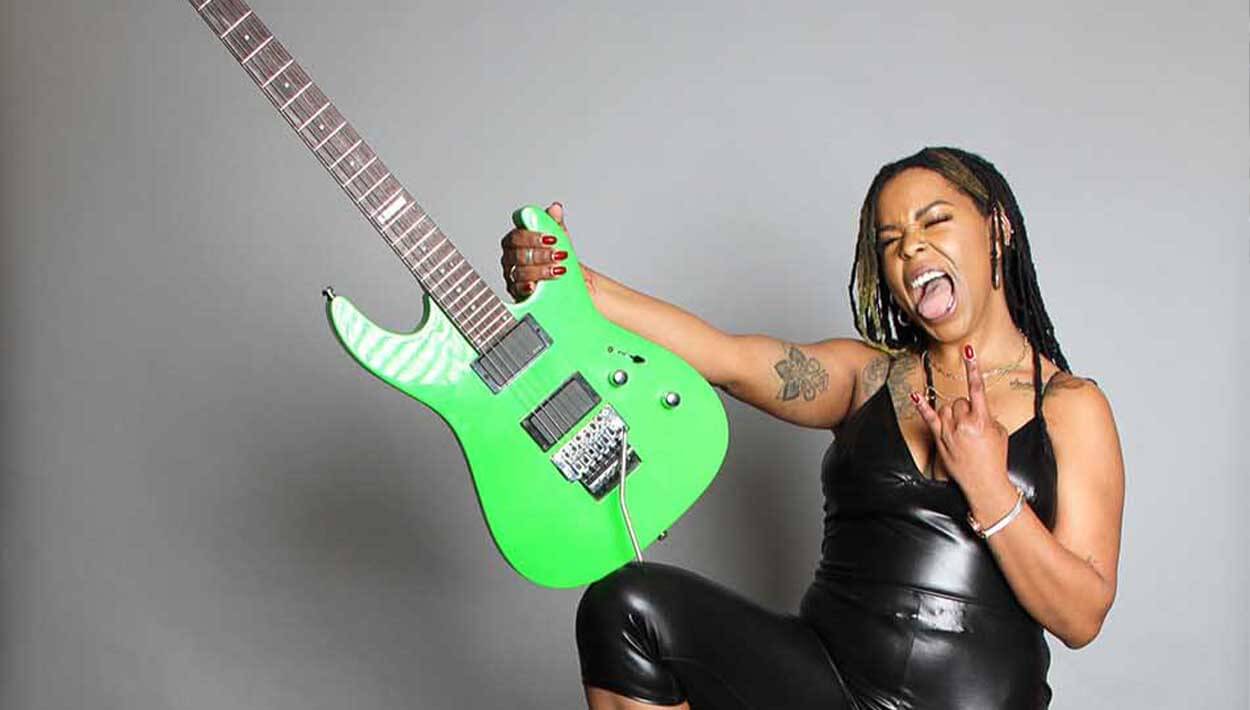

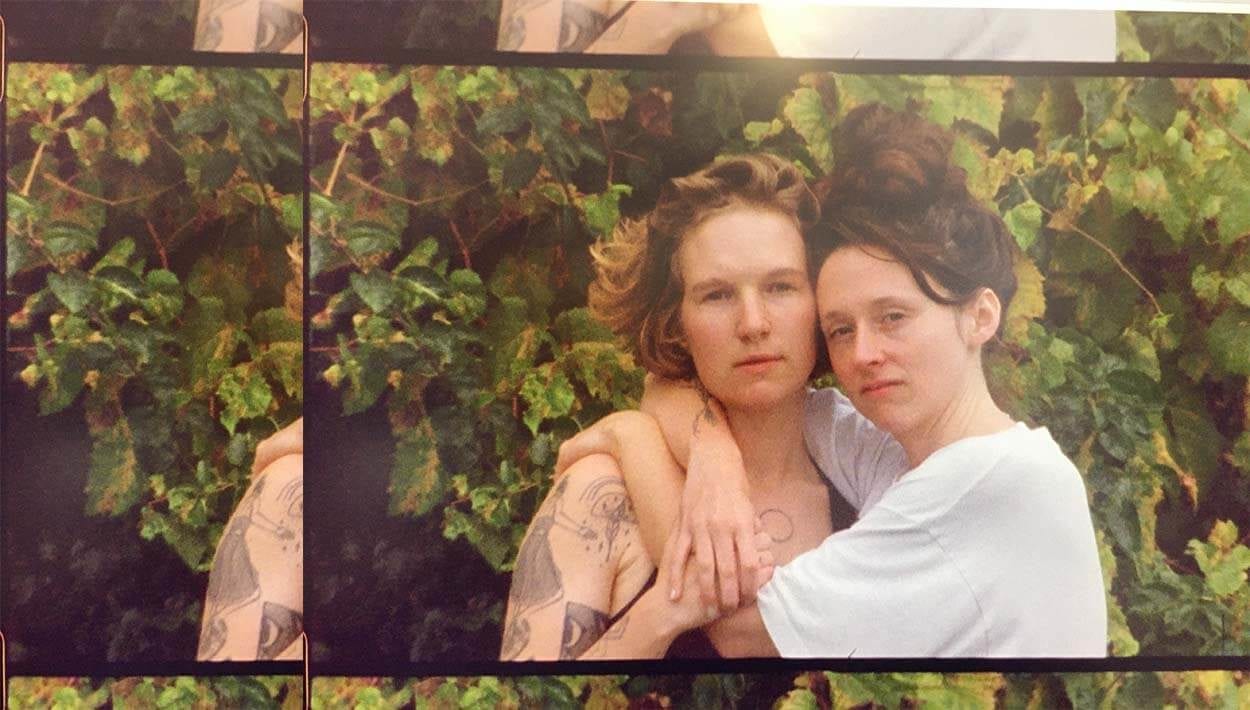
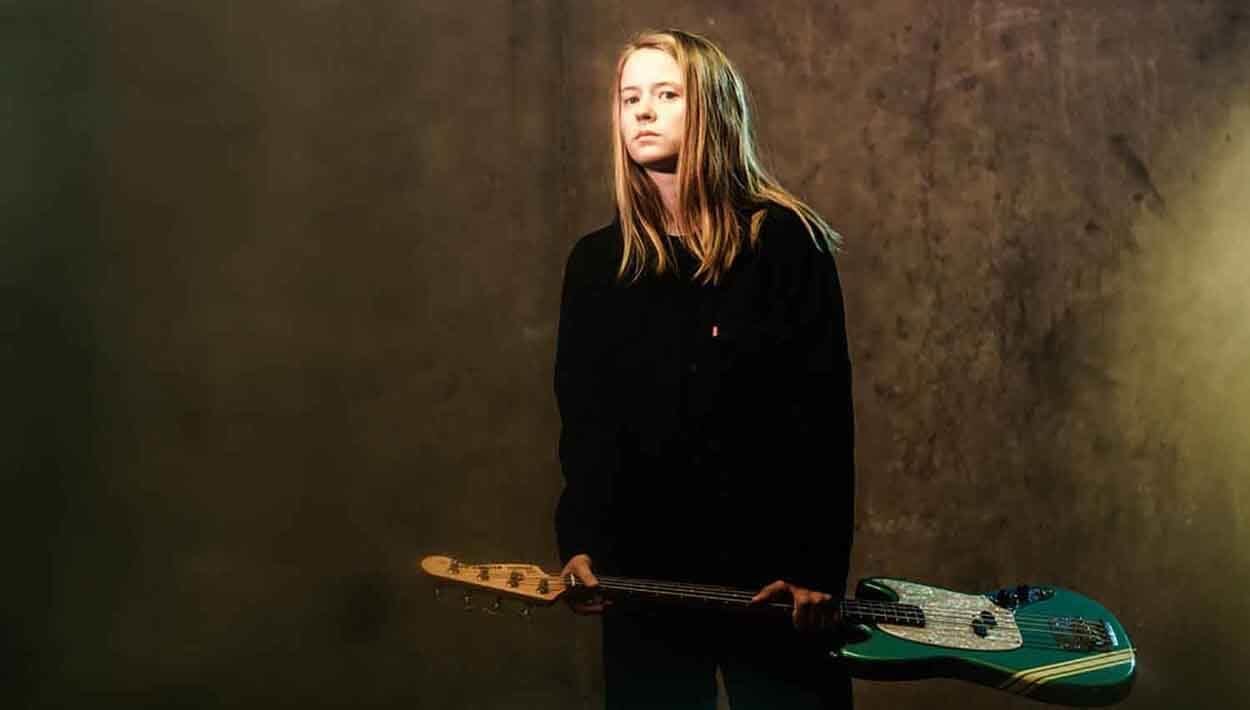
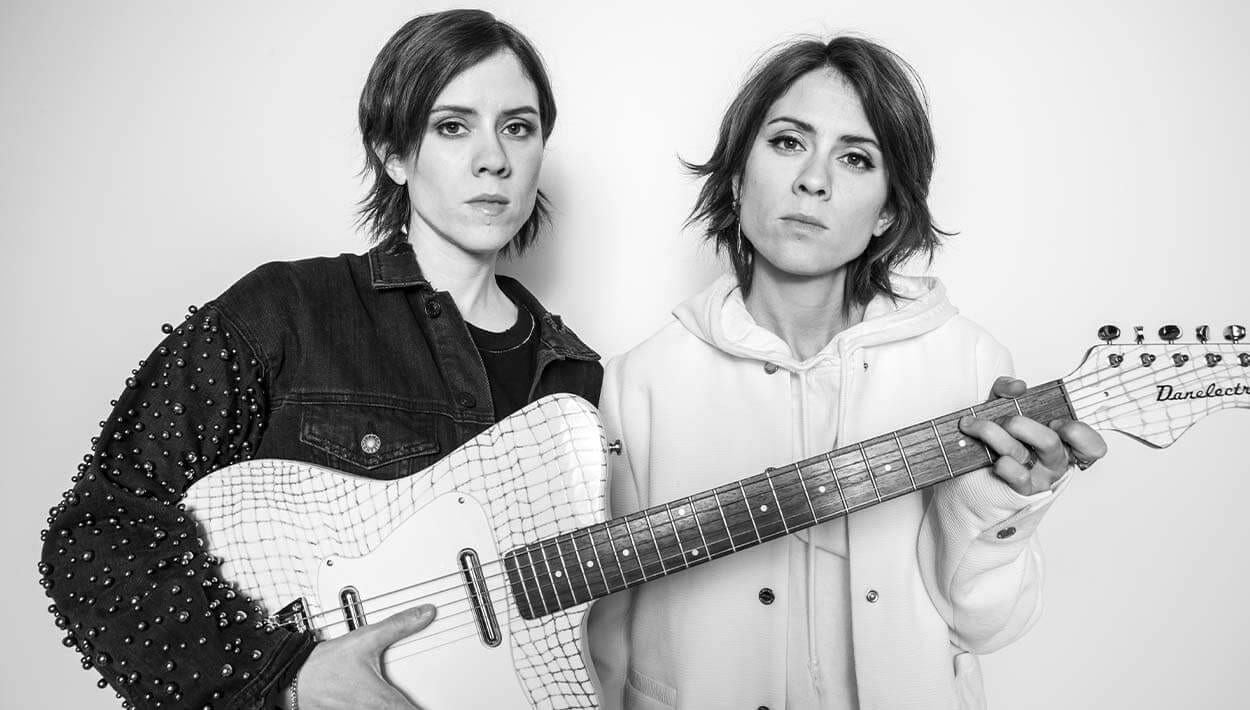
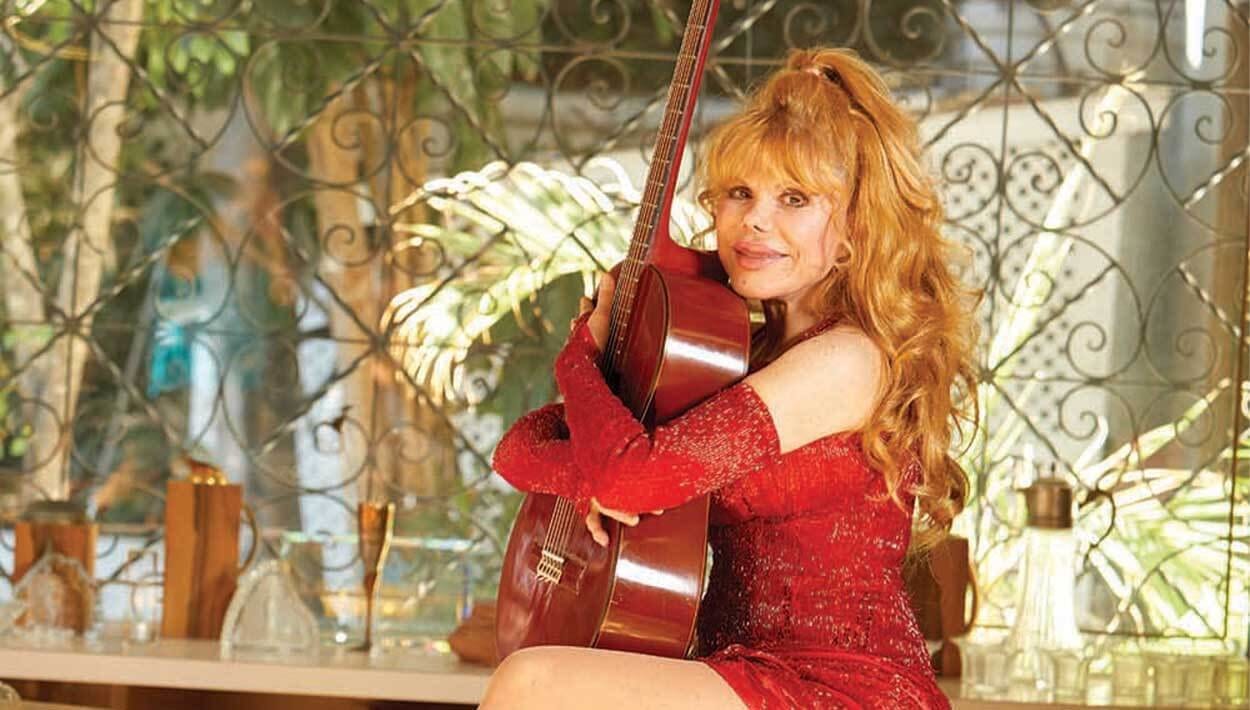
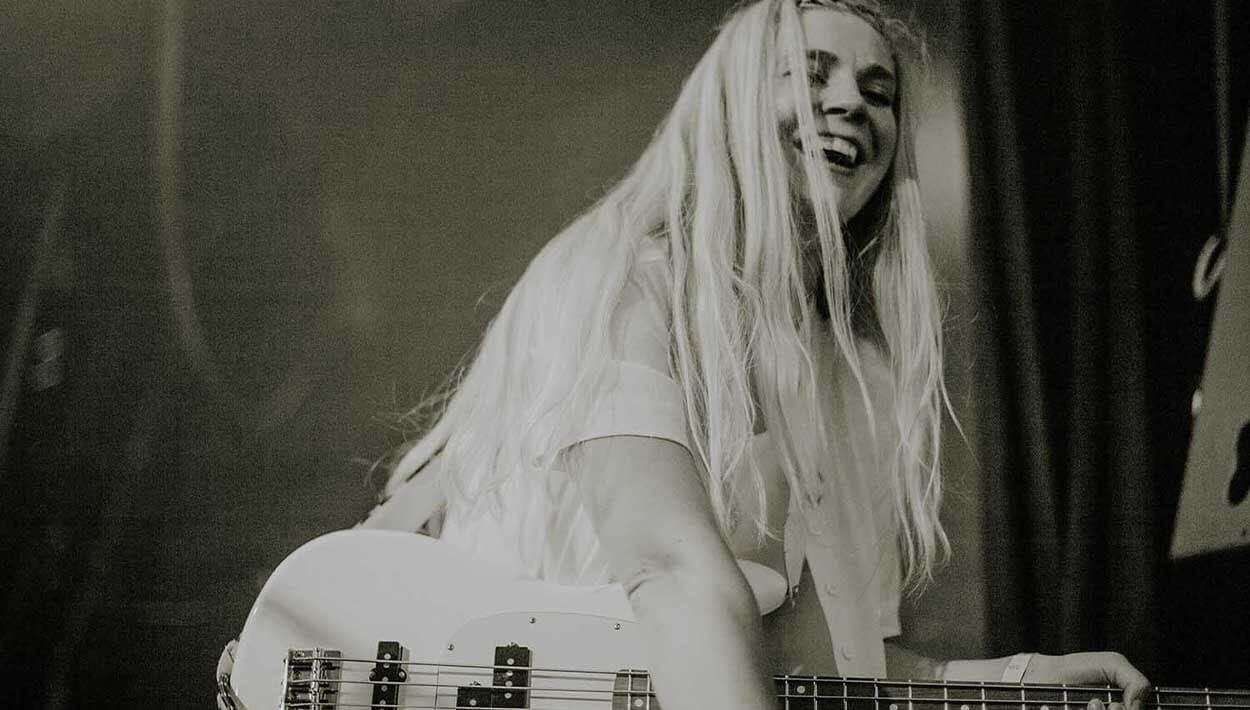
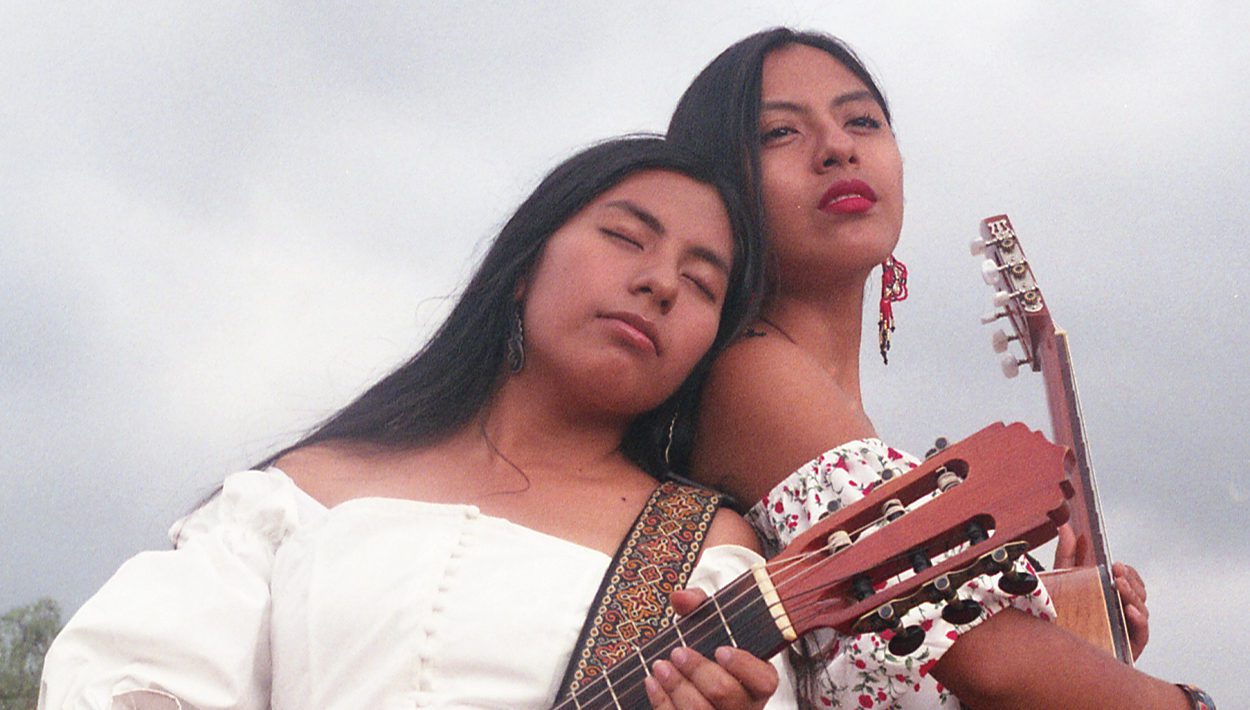
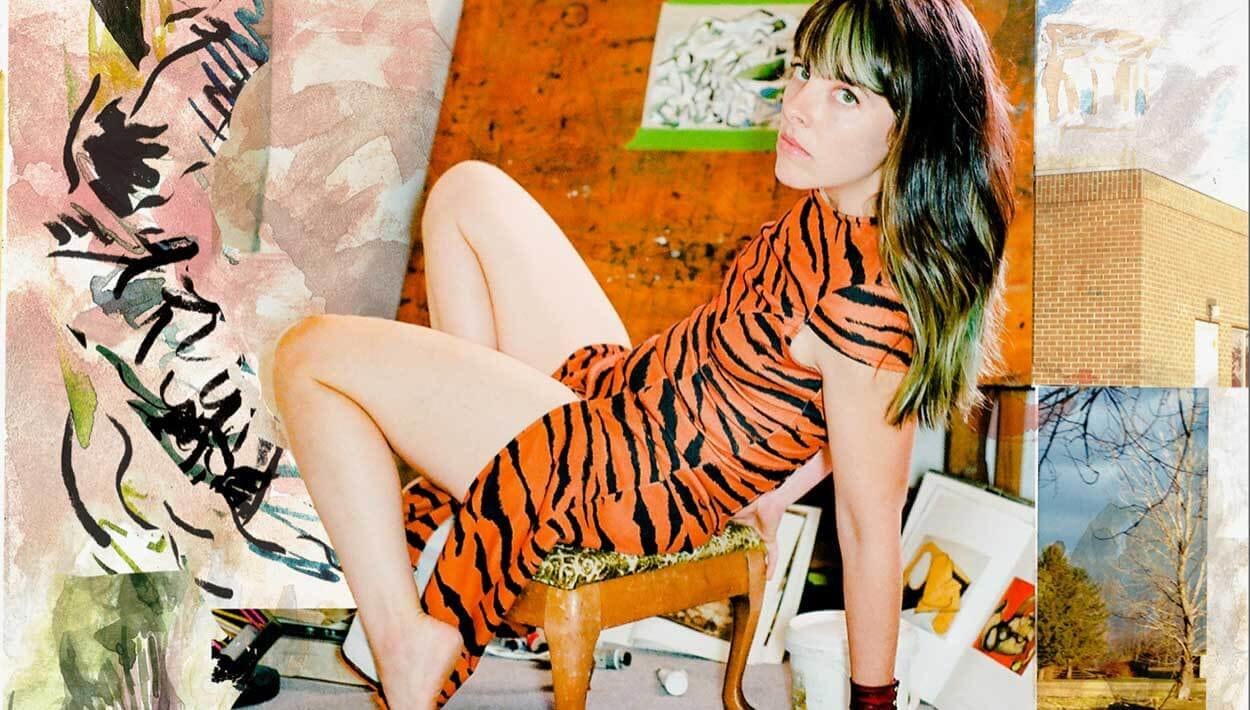
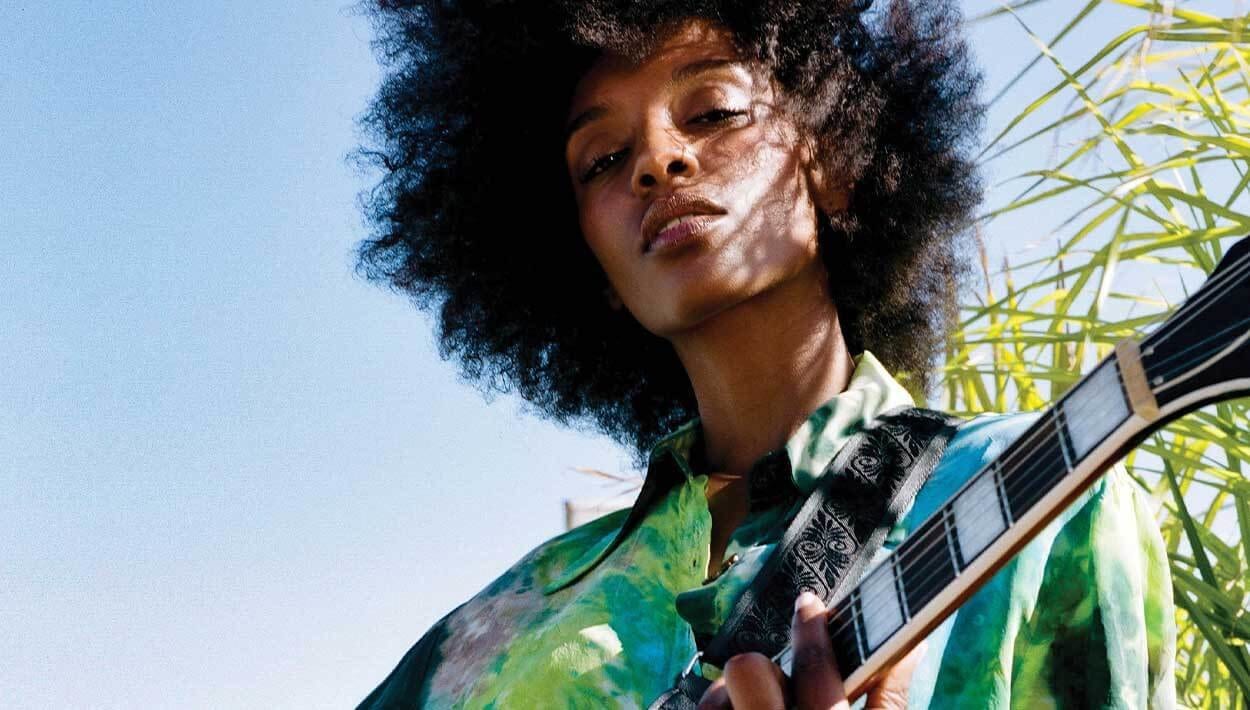
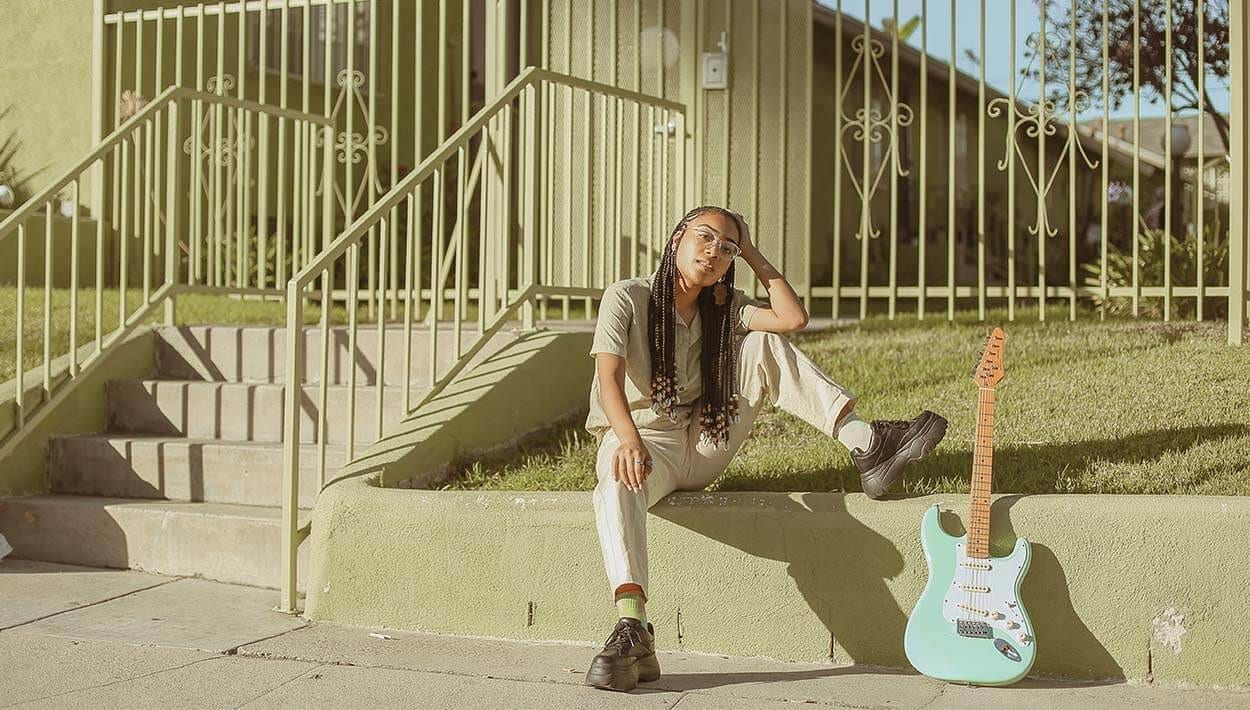
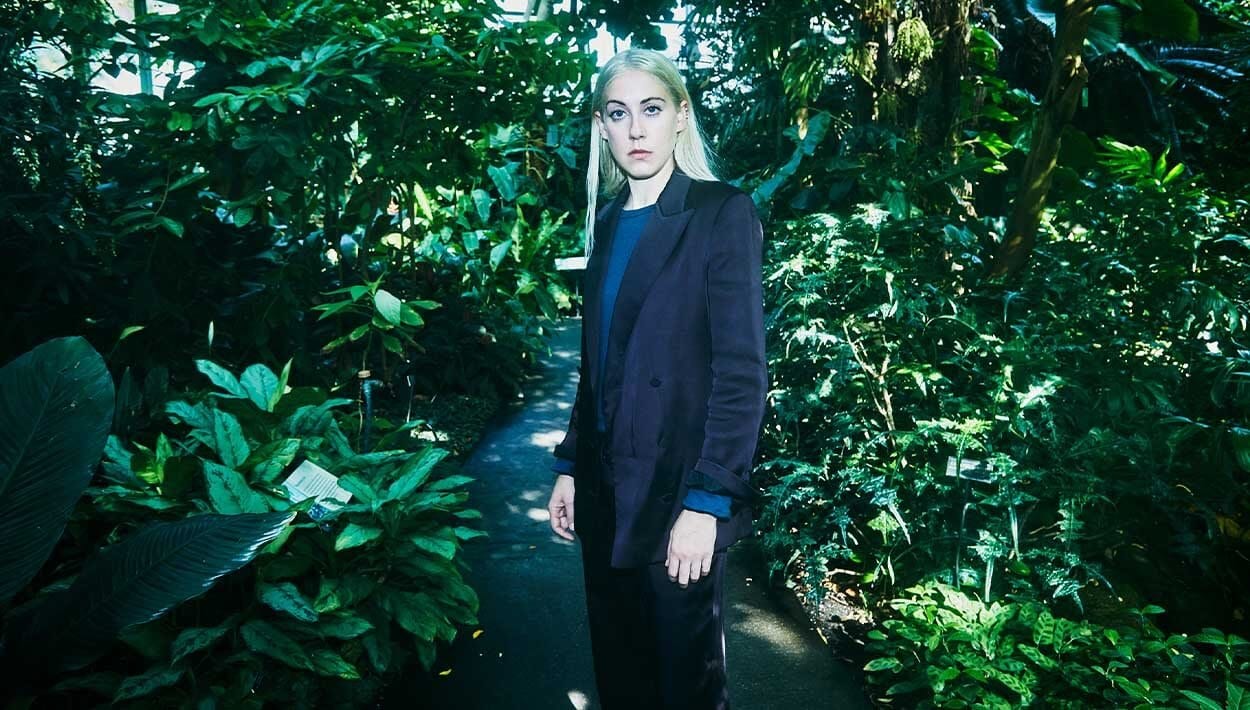


Comments
No comments yet